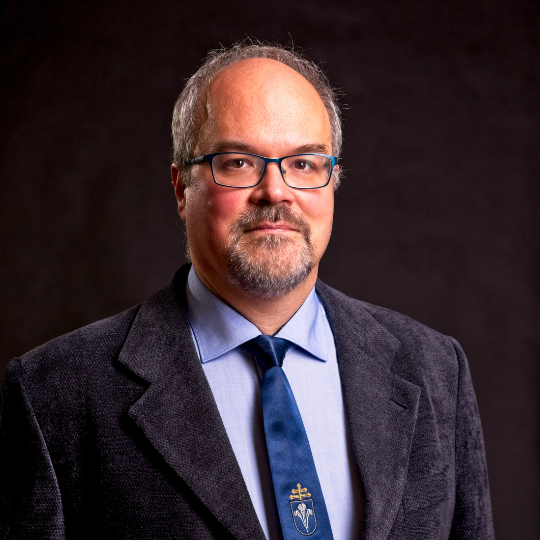
Information Technology in the Service of Humanity
Computer Science Engineering MSc
More information at our online open day!
Wed 7 January 2026, 3.00 pm CET
Where technology meets intelligent systems
The Computer Science Engineering MSc program educates IT engineers capable of designing, developing and operating complex software systems, intelligent applications and industrial solutions. Built on strong theoretical foundations and hands-on expertise, the program prepares students for both industrial careers and advanced research.
Language of instruction: English
Duration: 1 preparatory semester + 4 semesters
(5 semesters in total)
Entry requirements
BSc degree and English language proficiency at minimum B2 level (CEFR)

The Symbiosis of Life Sciences and Technology
Our approach revolves around observing functional techniques that have evolved in the natural world over millions of years and building these insights into the designed world of information technology. Our goal is to create new, innovative solutions through the close collaboration of life sciences and informatics, contributing to the development of the technological world and enhancing the quality of human life.
Modern Technologies, Marketable Knowledge
We place particular emphasis on hardware issues, including kilo-processors and reconfigurable architectures. Through the education of sensor applications, our curriculum also opens doors to the world of info-bionics. Neuro-morphic computations (mimicking the nervous system), digital language processing, machine learning, data science, image processing, and analysis are all exciting and contemporary areas that can be studied and researched at our Faculty.
Key Focus Areas
Software Design and Mobile Applications
Artificial Intelligence
Non-conventional Computing
Image Processing, Computer Vision
Prompt Engineering
Database Management,
Big Data
Robotics, Control Systems
Parallel Systems
Specializations
The efficient and intelligent processing of the ever-growing amount of data from technological, natural, and societal environments is already (and will continue to be) a crucial factor in sustaining and developing our civilization. Students choosing this specialization will study the most advanced methods of data representation/storage, data mining, and model fitting using the tools of machine learning and artificial intelligence. The application areas of this approach range from classical engineering sciences to bionics, touching multiple branches of science, including healthcare.
Software development is a classic yet continually evolving field within information technology. The development of today’s functionally and possibly spatially distributed network architectures poses a significant challenge for software engineers. By the end of their studies, students choosing this specialization will be capable of comprehending, understanding, and designing complex software systems using the latest development approaches.
The specialization will not be announced in the 2025/26/II academic year.
For rapid decision-making or the real-time implementation of manufacturing methods, a massive amount of computations is often required at a sufficiently low cost. This necessitates cutting-edge software tools and well-designed hardware architectures. Students opting for this specialization learn the integrated design of these tools to maximize computational performance effectively.
Lecturers

György Cserey
Professor
Head of the Sensory Robotics Laboratory, an expert in artificial intelligence. He is associated with seven patents. Numerous companies employ various sensors developed in collaboration with his students.

György Csaba
Professor
He earned his doctoral degree at the University of Notre Dame. A significant part of his research on spin wave calculations was conducted in collaboration with the Technical University of Munich (TUM).

András Horváth
associate professor
Lecturer and researcher in artificial neural networks, computer vision, image processing, and artificial intelligence. Head of the Intelligent Sensing and Learning Laboratory at Pázmány ITK. Numerous publications presented at forums of major global importance are associated with him.

István Reguly
Professor
Lecturer and researcher in parallel programming and architectures, ensuring the operation of large neural networks. Head of the High-Performance Computing Research Group at Pázmány ITK. The majority of his research has been conducted in Oxford.

Kristóf Karacs
associate professor
One of the leaders of the Hungarian Bionic Vision Center an expert in artificial intelligence. His research areas include computer vision, sensor-based parallel processing, and learning in partially observable environments.

András Oláh
associate professor
Lecturer and researcher in the fields related to wireless data transmission technologies, with a primary focus on communication protocols of sensor networks.